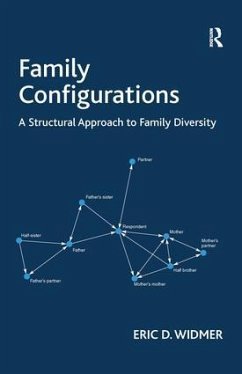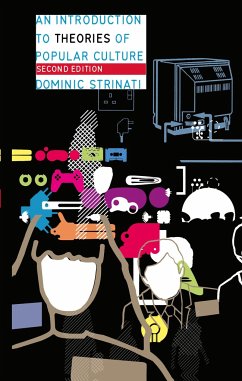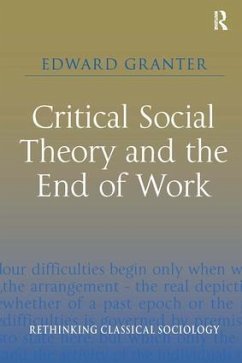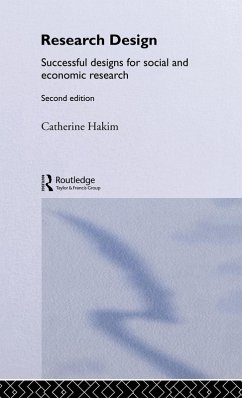
Religion, Modernity, Globalisation
Nation-State to Market
Versandkostenfrei!
Versandfertig in 1-2 Wochen
168,99 €
inkl. MwSt.
Weitere Ausgaben:

PAYBACK Punkte
84 °P sammeln!
This book argues that the last four decades have seen profound and important changes in the nature and social location of religion, and that those changes are best understood when cast against the associated rise of consumerism and neoliberalism. These transformations are often misunderstood and underestimated, namely because the study of religion remains dependent on the secularisation paradigm which can no longer provide a sufficiently fruitful framework for analysis. The book challenges diagnoses of transience and fragmentation by proposing an alternative narrative and set of concepts for u...
This book argues that the last four decades have seen profound and important changes in the nature and social location of religion, and that those changes are best understood when cast against the associated rise of consumerism and neoliberalism. These transformations are often misunderstood and underestimated, namely because the study of religion remains dependent on the secularisation paradigm which can no longer provide a sufficiently fruitful framework for analysis. The book challenges diagnoses of transience and fragmentation by proposing an alternative narrative and set of concepts for understanding the global religious landscape. The present situation is framed as the result of a shift from a National-Statist to a Global-Market regime of religion. Adopting a holistic perspective that breaks with the current specialisation tendencies, it charts the emergence of the State and the Market as institutions and ideas related to social order, as well as their changing rapports from classical modernity to today. Breaking with a tradition of Western-centeredness, the book offers probing enquiries into Indonesia and a synthesis of global and Western trends. This long-awaited book offers a bold new vision for the social scientific study of religion and will be of great interest to all scholars of the Sociology and Anthropology of religion, as well as Religious Studies in general.













